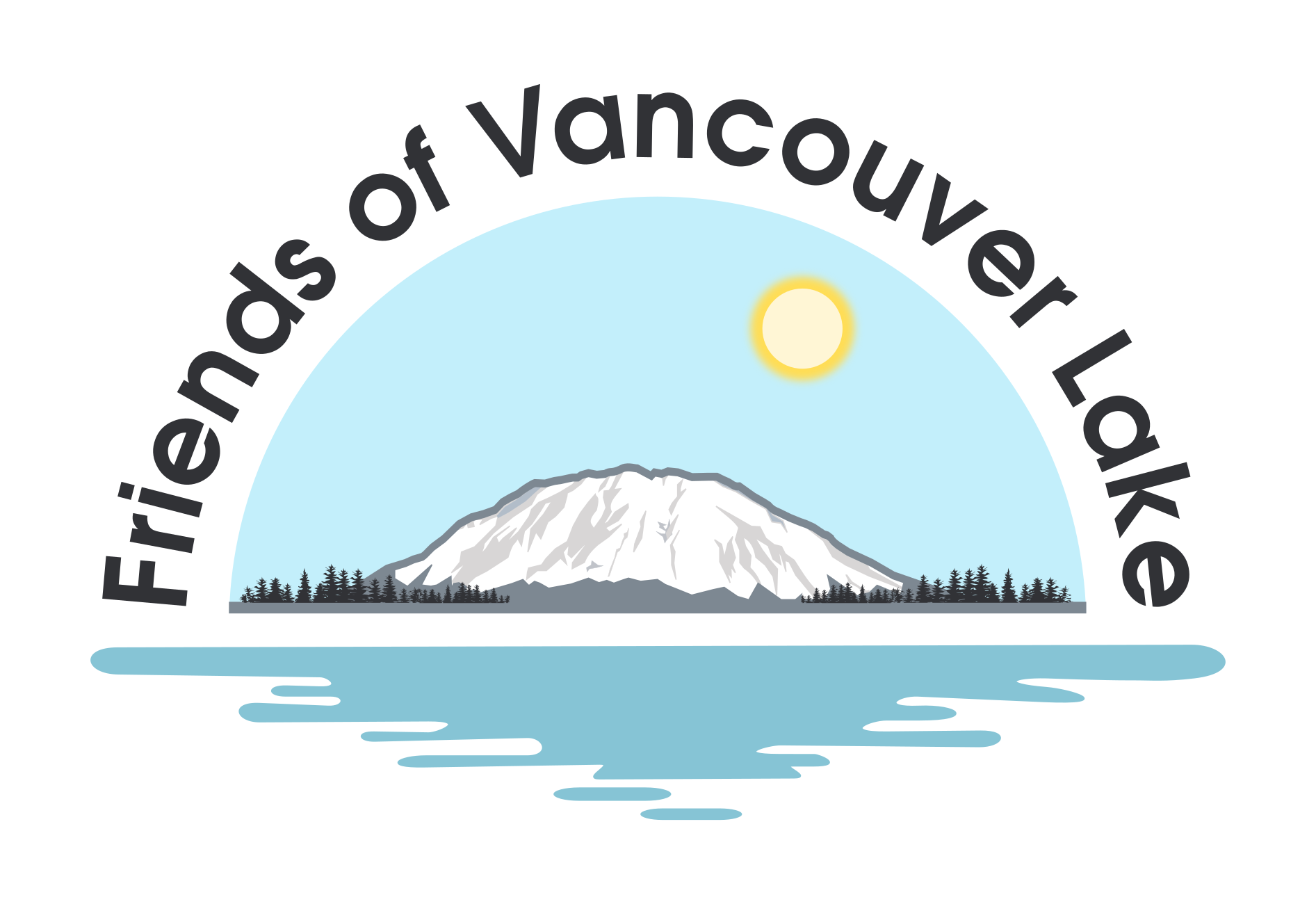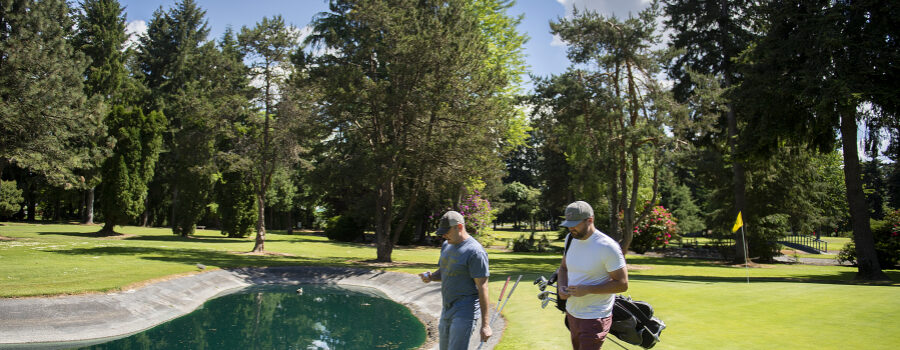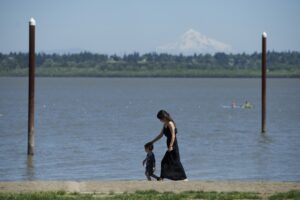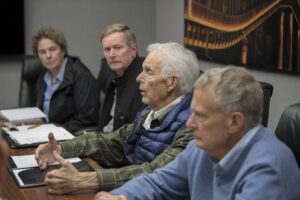Owners of Lakeview Par 3 Golf Challenge are planning to close the popular course later this year, citing disagreements with Clark County over the property’s value and taxes.
The course will likely close in October, said Charley Greene, who owns the course along with other members of his family. Owners have had discussions with Quail Homes, a Vancouver-based developer, about purchasing the 8.95-acre property.
The 18-hole course opened in 1976 with just three holes. The Greene family purchased the property in 1990, and it has since become an attractive spot for golfers looking to play a quick but challenging round.
Most holes are less than 100 yards in length, but deep sand traps, sharp slopes, tight fairways, water hazards and large trees offer significant challenges. PGA Magazine once dubbed it the “Northwest’s toughest Par 3.”
“It’s a challenge for your seasoned golfers, but it’s short enough that beginners don’t get frustrated,” Greene said. “You can kind of breeze on through.”
The course is relatively inexpensive to play and attracts a lot of regulars, which Greene called “the gang.”
“It’s kind of like the ‘Cheers’ of the golf industry, where everybody knows your name,” Greene said.
Lake views
The course sits along the east side of Vancouver Lake, offering plenty of views in a relatively isolated pocket of unincorporated Clark County. As golfers have enjoyed the view over the years, though, land values — and property taxes — have risen, and houses have popped up in surrounding areas.
Greene told The Columbian in 2007 that the rising values were “going to force us out” and that he was considering selling off the land in chunks.
In 2008, the owners of the course entered into an open space agreement, allowing their land to be valued at its current use, rather than its “highest and best use,” for property tax purposes. The agreement kept the assessed value of the property, and accompanying taxes, lower.
But open space lands are subject to back-tax liability if the use of the land changes after the agreement is signed.
In 2018, the assessor’s office notified the Greenes that their land, after it was previously valued as commercial property, had been revalued as prime developable land.
Valued at $307,800 prior to the 2018 notice, the assessor’s office currently pegs the property value near $1.2 million.
Clark County Assessor Peter Van Nortwick pointed to new infrastructure in the area, including a new subdivision nearby.
“As long as Lakeview continues to operate as a golf course, it can continue in the current use status,” Van Nortwick said. “The market value of a property in current use doesn’t impact the owners’ taxes until they decide to utilize the property for a use that is not in line with the current use agreement they signed with the county.”
But Doug Greene, Charley Greene’s father and co-owner of the property, said the rising land value will have a cumulative effect on back taxes if and when the property is used for a different purpose. After raising other contentions with the valuations — including that several acres of the land are in a 100-year flood plain — in several appeals over the past few years, he has also said that he does not wish to spend time and money each year fighting the county.
The Greenes received a $319.44 property tax bill this year. But if the property were to be removed from the open space program this year, the Greenes would owe $71,691, according to the assessor’s office.
“Somewhere down the road, somebody would have to pay all of those back taxes,” Doug Greene said. “It starts that meter running at a whole different level.”
The Greenes have said that the assessor’s valuations are the driving force behind the likely sale.
“To me, it’s a taking of the land. It’s a taking of the business,” Doug Greene said. “The assessor came down with a hammer.”
Van Nortwick, on the other hand, said that the owners’ discussions with the housing developer is proof that his office’s valuations were correct.
“The typical reason people in (the current use program) care about the market value is because they are considering removing it from the program and are worried about the compensating taxes,” Van Nortwick said. “People don’t typically plan to change the use of their property until the highest and best use is something that is significantly more valuable than what they are currently doing, so it would not surprise me it was never considered before the new subdivision close to the golf course was being developed.”
Lakeview’s story is not a unique one locally, as rising land values and housing needs push golf businesses out.
The Vanco Golf Range, for instance, was slated for redevelopment before owners agreed to a new lease with the city of Vancouver in late 2019.
While golfers often cross the Columbia River to Portland for 18-hole outings, Clark and Cowlitz counties have 14 courses.




